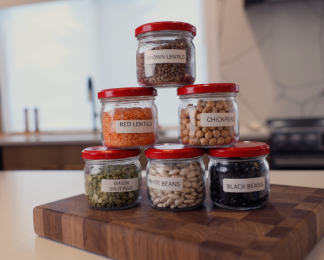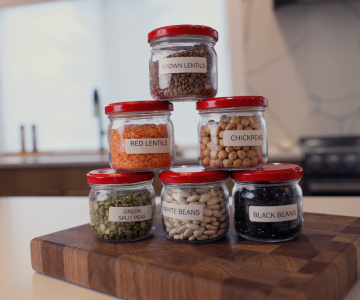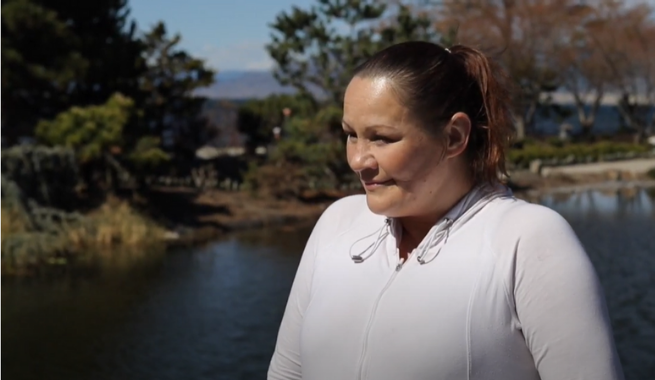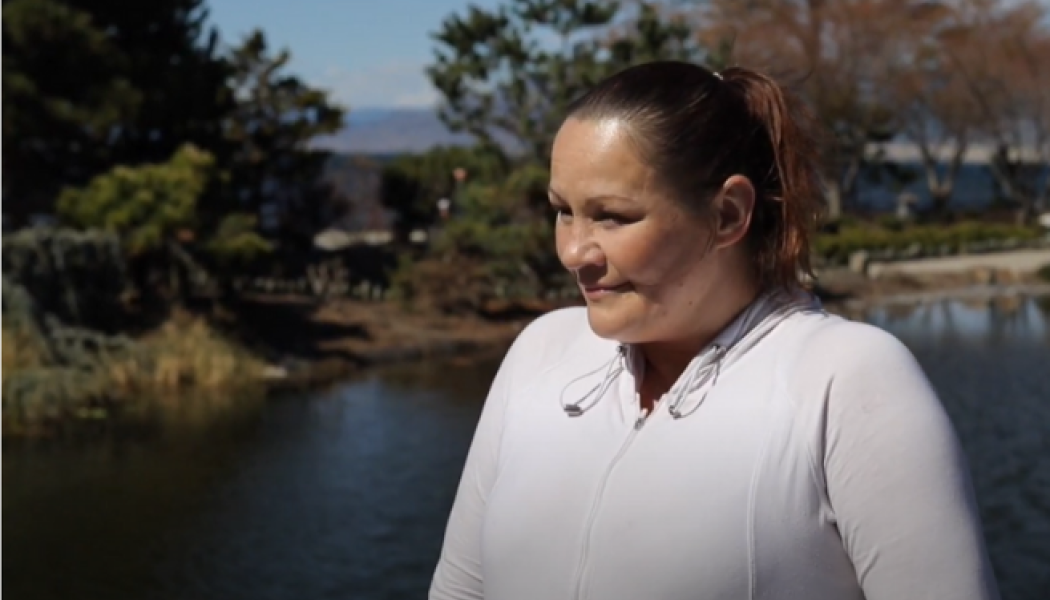Like many people who use drugs, Faith turned to illicit opioids to take away pain and hurt. When she realized she wanted to stop using, Opioid Agonist Treatment, or OAT, was key.
In this Story…
Discover her story
“One day, all of a sudden, it clicked. I want to stop using. I have a great kid, family, and friends. I went to the doctor’s office and said, ‘I’m an opiate user and I want to quit, so what can I use?' ”
The doctor recommended methadone and Faith has never looked back. Now she advocates for others to try OAT.
“You’re going to be happy when you get off of (drugs) and are taking the OAT program, and then maybe a little exercising or things you need to do to keep you off. But you will be better. You will have a better life. You’ll feel better. You can do it.”
Learn more about substance use treatment
This story is part of a five-part series called In my experience, in which people share first-hand experiences and information about accessing a variety of substance use services at Interior Health.
Read other In my experience stories
Opioid Agonist Treatment (OAT) uses prescribed medications, like Suboxone and methadone, for people with opioid use disorders. These medications provide stable, long-acting relief from withdrawal and cravings, can reduce the risk of overdose, and improve quality of life.
Learn about substance use treatment options
*In loving memory of Patrick, we continue to share this resource in honour of their legacy as a courageous leader and educator.


/stories/how-cook-your-way-healthy-heart-plant-based-proteins


Shari, Maxwell, and Andrew work together across many different teams to provide sustainable, safe, and high quality facilities to patients and staff.
/stories/we-are-ih-staff-who-work-together-patient-comfort-safety


IH offers a range of services to help those who may have mental health, substance use or housing needs.
/stories/sharing-warmth-and-hope-ih-health-services-help-communities


Jayme helps ensure lived experiences are not just welcomed but embedded across Mental Health and Substance Use services at IH.
/stories/we-are-ih-coordinator-centres-peer-voices-care


As temperatures drop, it’s important to be aware of the health risks of cold. Here's what you can do to ensure you remain safe and healthy.
/stories/how-protect-yourself-and-others-when-temperature-drops


Heart disease is the number one killer of women worldwide and the leading cause of premature death in Canada. One in 3 women will be affected by heart disease.
/stories/how-women-experience-heart-disease-differently-men
STAY CONNECTED
Receive news, alerts, public service announcements and articles right to your inbox.



